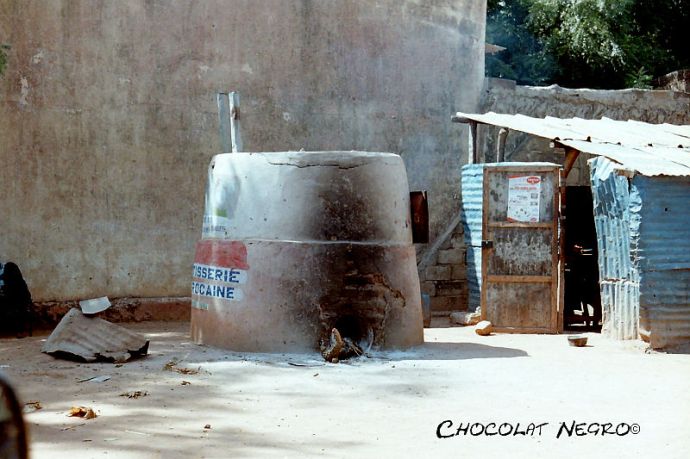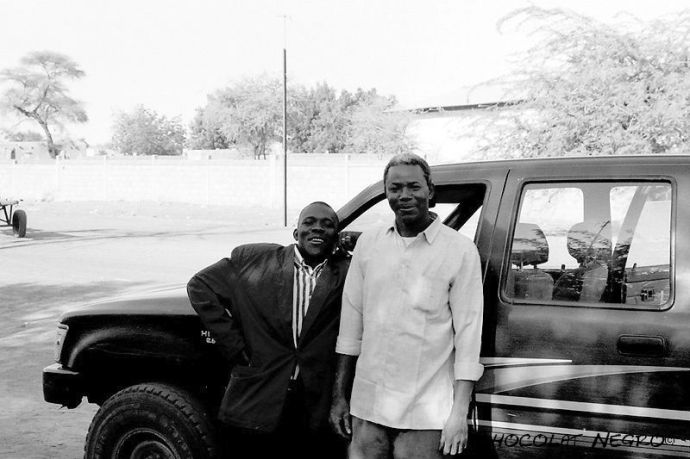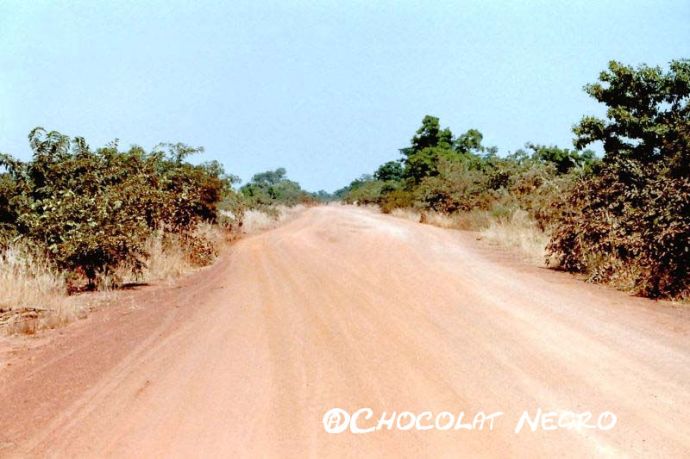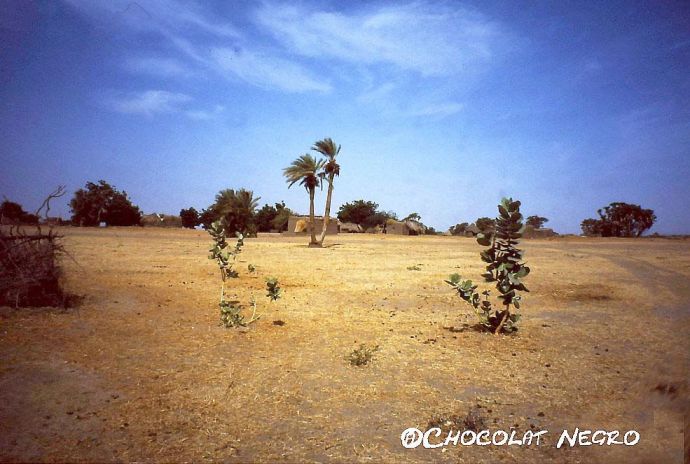Some things are hard to talk about. But to remember you is easy. You have left this world already, though you were young. But I pretend I am going to write a letter to you. How could I know that you would leave so early? Or should I have known ? I should, because the statistics tell you about it. But you also think it is the person next to the one who is next and close to you!
The average life expectancy for a male in Mali is 49 years. Some statistics show figures up to 54,5 years.
Life expectancy has been defined as: The average number of years to be lived by a group of people born in the same year, if mortality at each age remains constant in the future. The entry includes total population as well as the male and female components. Life expectancy at birth is also a measure of overall quality of life in a country and summarizes the mortality at all ages. It can also be thought of as indicating the potential return on investment in human capital and is necessary for the calculation of various actuarial measures.
That sound so strange to me.
I think you were a little bit older than 50 years. So you just made it. And many others that I have known so well, are gone like you. Because the life expectancy of a male in Mali is 49 years. And it is what it is!
I know you so well because I spend each and every day with you. I spend hours in the car with you and I spend hours at your house with your lovely wife Assa, who always prepared a meal for us. You spend hours at my house. You were assigned to the project to help me coordinate the logistics and to drive when I was tired. Since I was tired so often, you always drove. You knew everything but you were humble about it.
You drove me to the villages. You drove me from Nara to Bamako, you drove me back. You drove me on this road. Didieni was half way to Nara and it was the last village where you could buy something to eat and drink. We always stopped to buy sheep meat from the roast and ate it with onions from torn out cement bag paper. It was so good! The meat and the coffe with condensed, sweetend milk.
“You must eat”, you said to me, ” because you are really “pekele” ( thin) and you will not find a husband in Mali like that!” You laughed.
Boy, I got fat later.
La Rotisserie Marocaine had the best sheep and goats meat in Didieni. It rosted and baked for hours in the traditional oven. We took our meals in the little shack in the back. I bet you knew all the rotisseries marocaine in the whole of Mali. You have been around.
You said to me: “You are so young. Is this not hard for you”. I replied: ” Very”
” Eat” you said, ” am gonna get that coffee of yours”.
It was logic that you became the Malian father for me. because you were so experienced, so calm and so outstanding as a human being. You could shed a tear from time to time and that was most unusual for a Malian man. You saw me fall in love, get sick, get well, you saw me cry and wipe my tears, you saw me work. You saw more of me than many others. Yes you did.
You were loved by all. You and Daouda were friends.
You drove me all the way. And we passed by many others whose trip was so much harder than ours.
You made it easy for me and because of you I travelled well and safe. You drove all of us.
You drove me until I was home
You are what one calls “late now”. And I am late with my letter. But I imagine you are safe and travelling well now on God’s great road.
May Allah guide all your moves!
All I can say it is so easy to remember you.
















